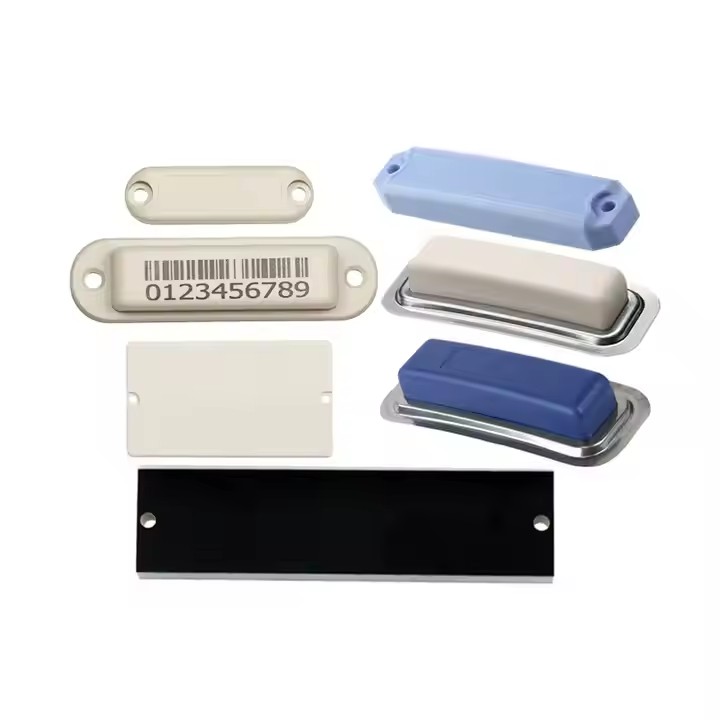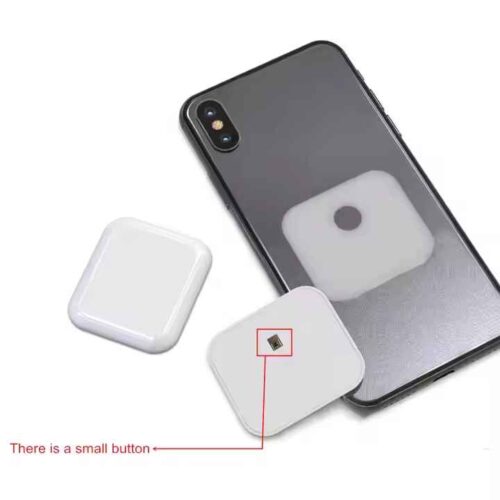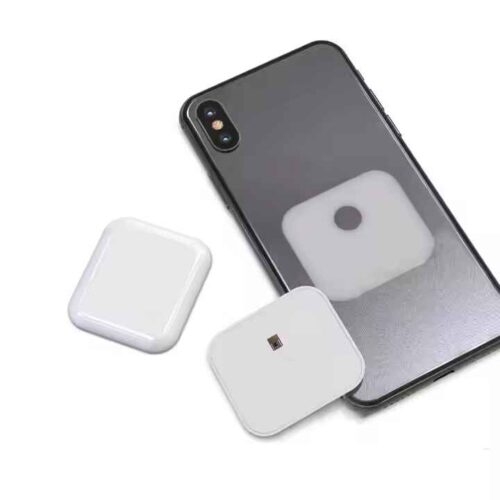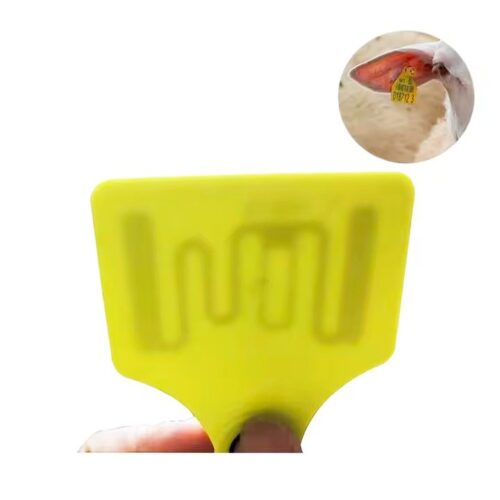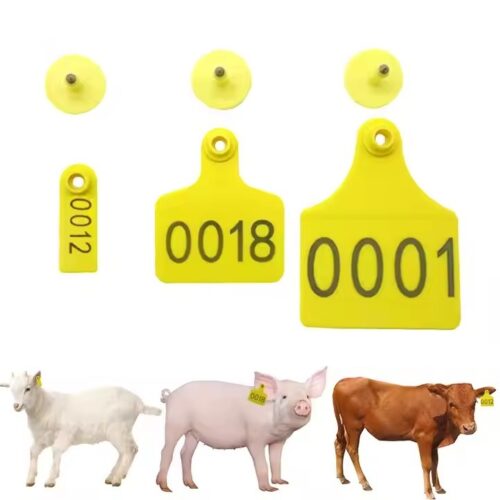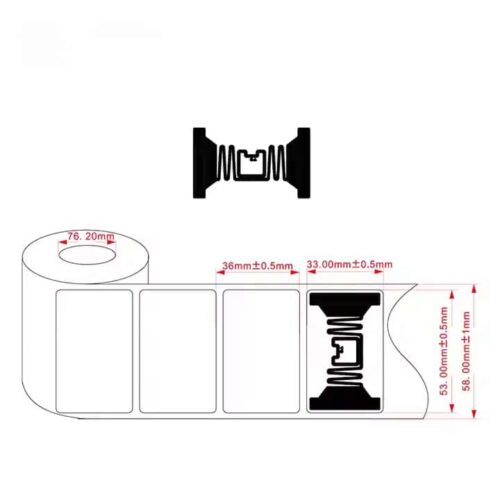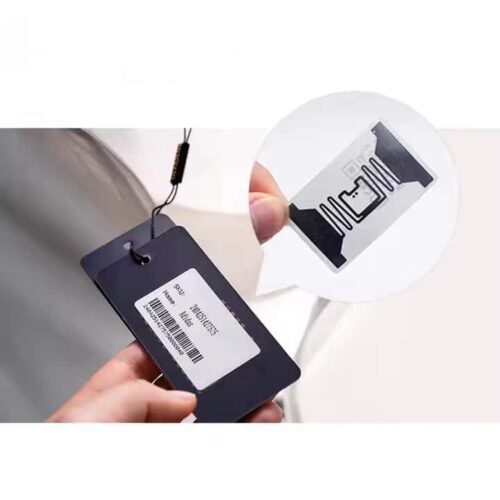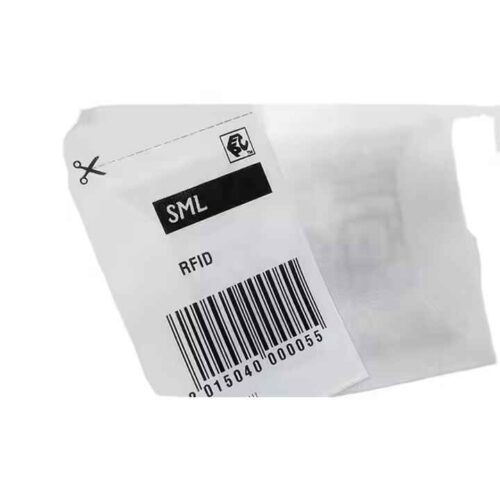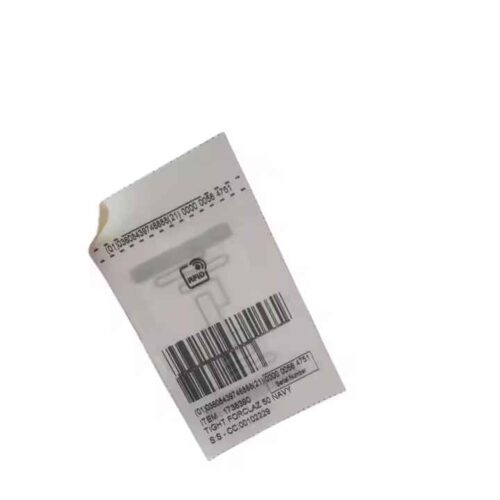At Glomaxrfid, you can find a wide selection of RFID tags at competitive prices. Contact us to create your ideal card!
RFID Asset Tags
Description
RFID asset tags are the cornerstone of efficient asset management. Their ability to provide accurate, real-time data, coupled with their versatility across various industries, makes them an essential tool for any organization aiming to optimize its operations, reduce costs, and boost overall productivity. Whether it’s safeguarding valuable assets or streamlining complex supply chains, these tags are a technological investment that pays dividends in the long run.
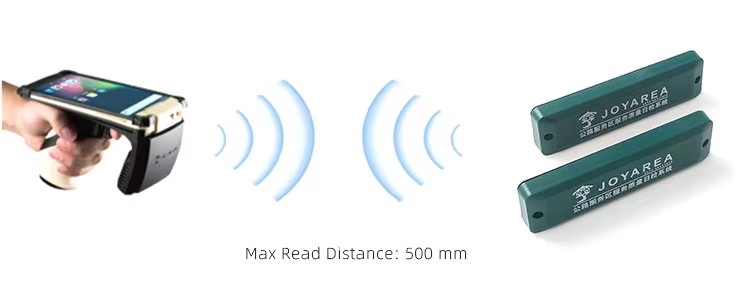
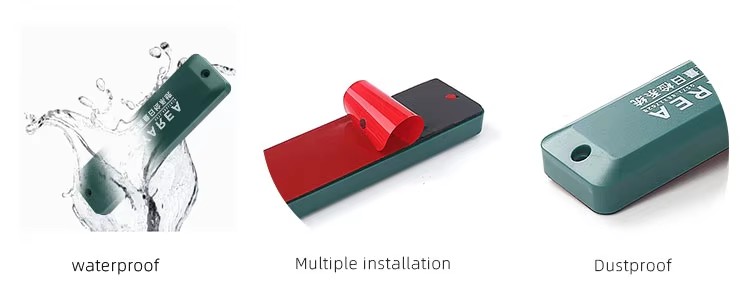
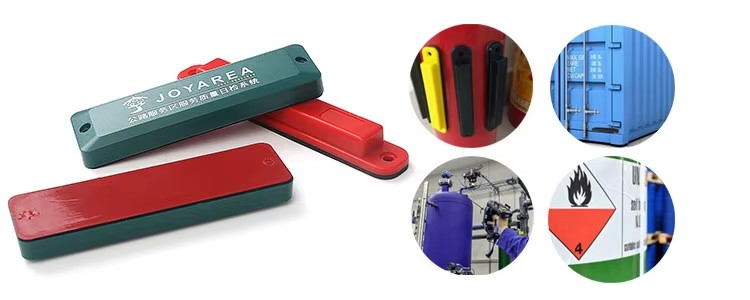
At its most basic, an RFID asset tag is a compact device, typically consisting of an RFID chip and an antenna. The chip is the brain of the operation, storing a plethora of crucial information. This can span from the asset’s identification number, which serves as a unique digital fingerprint, to detailed records such as its purchase date, warranty information, and maintenance schedules. The antenna, on the other hand, acts as the communicator. It harnesses radio waves to send and receive data, creating a seamless link between the tag and the RFID reader.
One of the key advantages of RFID asset tags lies in their application for asset tracking. Traditional asset tracking methods, like manual inventory checks and barcode scanning, are fraught with inefficiencies. Barcode scanning demands a direct line-of-sight, meaning employees have to painstakingly search for and scan each item individually. This process is not only time-consuming but also highly prone to human error. In contrast, RFID tags for asset tracking operate on radio frequencies, allowing for contactless identification.
Imagine a large logistics warehouse filled with thousands of pallets, boxes, and individual items. With an RFID reader in hand, an employee can simply walk through the aisles. The reader emits radio waves that interact with the RFID asset tags on every object within range. Instantaneously, the system updates with real-time information about the location and status of each asset. This near-instantaneous data retrieval is invaluable for supply chain managers, who can quickly identify bottlenecks, misplacements, or potential thefts.
In the corporate office environment, these tags find extensive use as well. Computers, printers, and even office furniture can be tagged. IT departments can effortlessly monitor the whereabouts of laptops, ensuring that they are either in use, in storage, or undergoing maintenance. This cuts down on the time wasted searching for missing equipment during urgent projects.
The healthcare sector benefits immensely from RFID asset tags. Hospitals are home to a vast array of expensive and critical medical devices, from MRI machines to portable monitors. Attaching RFID asset tags to these items enables medical staff to locate equipment rapidly. In an emergency situation, every second counts, and the ability to quickly find the necessary device can be the difference between life and death. Additionally, it helps in maintaining accurate records of equipment usage, facilitating proper maintenance and replacement schedules.
Manufacturing plants also rely on these tags to manage their tools and heavy machinery. Each piece of equipment can be tagged, and its usage frequency, operating hours, and last maintenance date can all be tracked. This proactive approach to asset management reduces unplanned downtime, as managers can schedule maintenance and repairs well in advance.
RFID asset tags come in different frequencies, each with its own set of advantages. High-frequency (HF) tags offer better performance in close-range, high-security applications, like tracking high-value items within a small, controlled area. Ultra-high-frequency (UHF) tags, on the other hand, have a longer read range, making them perfect for large-scale, open-air environments such as shipping yards or large warehouses.


![]()
Specification
| Item | RFID asset tags |
| Material | ABS |
| Chip | U7/U8/U9/Aluen H3 |
| Frequency | 860-960MHz |
| Protocol | 18000-6C |
| Memory | 100,000 times |
| Size | Custom sizes available |
| Read Range | 1-10M |
| Customization | Supported |
| Tag Type | Passive (no battery) |
| Printing | Encode, printing, pre-programmed, etc |
| Durability | Waterproof and dustproof |
| Temperature Range | 25°C to 70°C |
| Data Retention Time | 10 years |
| Samples | Free samples available for customer |
Packaging & Shipping
1,000–5,000 tags per box (depending on roll size).
By Sea, by air and express, client can choose what you want!
Shipping for RFID tags:
DHL/FedEx/UPS/TNT for samples, door-to-door service.
By air or by sea for bulk goods, airport/Seaport receiving goods.
Support Customers are specifying freight forwarders or selected shipping methods!
Delivery time: 3- 7 working days. Accurate delivery based on your quantity.


